Indigenous Governance Database
Testimony and Speeches
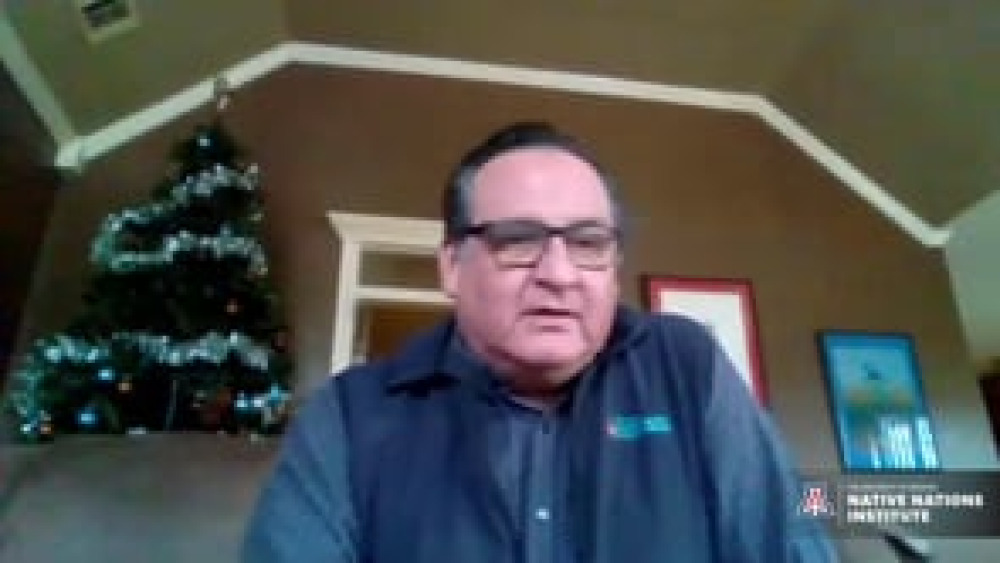
Jim Gray: Making Change Happen
Former Principal Chief James Gray of the Osage Nation makes a guest speaker appearance to the January In Tucson class “Making Change Happen”. In Chief Gray’s own words, he shares his direct experiences with indigenous governance for the Osage people and gives a larger context to the historic…
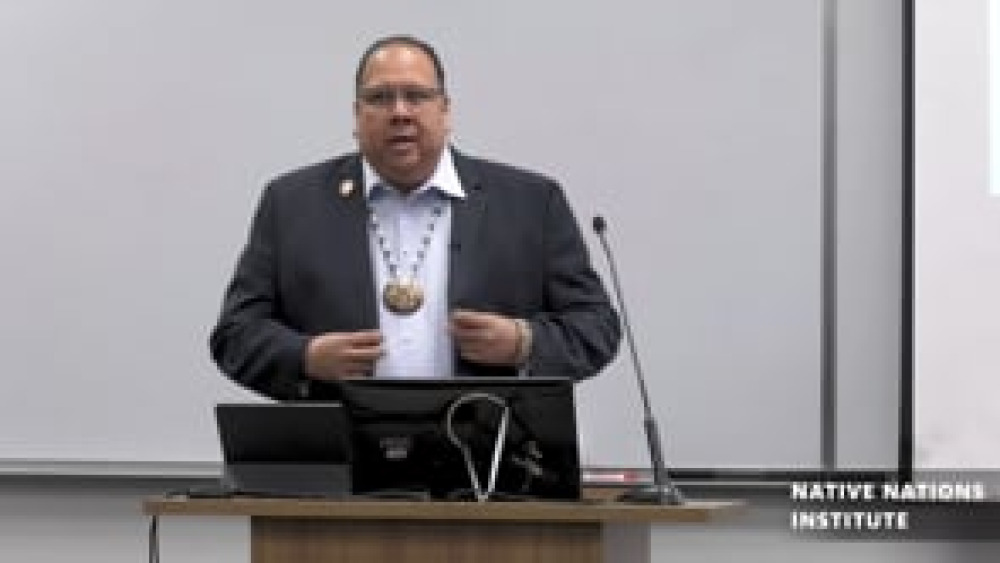
Governor Stephen Roe Lewis Distinguished Tribal Leader Lecture
Governor Stephen Roe Lewis of the Gila River Indian Community visited the University of Arizona to speak at January in Tucson: Distinguished Tribal Leader Lecture sponsored by the Native Nations Institute and held at the Indigenous Peoples Law & Policy program at James E. Rogers College of Law…
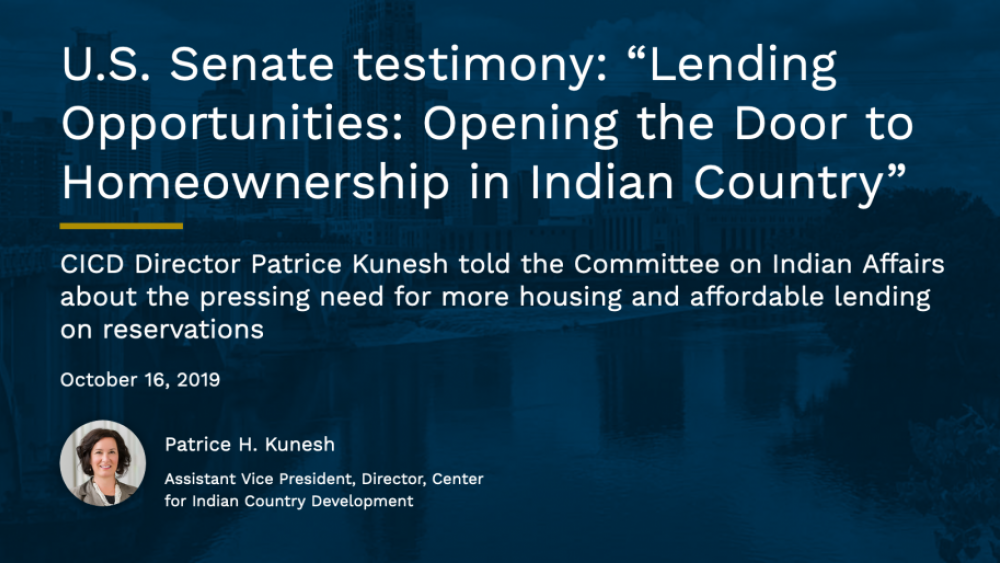
U.S. Senate testimony: “Lending Opportunities: Opening the Door to Homeownership in Indian Country”
On Oct. 16, 2019, Center for Indian Country Development Director and Minneapolis Fed Assistant Vice President Patrice H. Kunesh testified before the U.S. Senate’s Indian Affairs Committee about the need for more housing and improved access to affordable lending on reservations. She said that “…
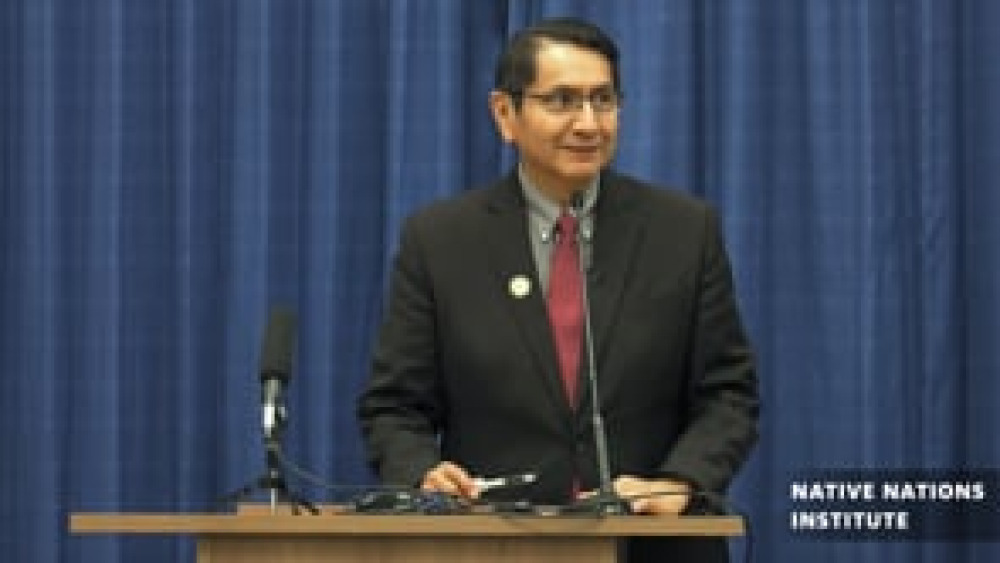
Navajo Nation President Jonathan Nez Distinguished Tribal Leaders Lecture
The Indigenous Peoples Law and Policy Program hosted the Distinguished Tribal Leaders Lecture at the University of Arizona James E Rogers College of Law featuring the recently elected Navajo Nation President Jonathan Nez. The president gave his views on working for a Native Nation and making…
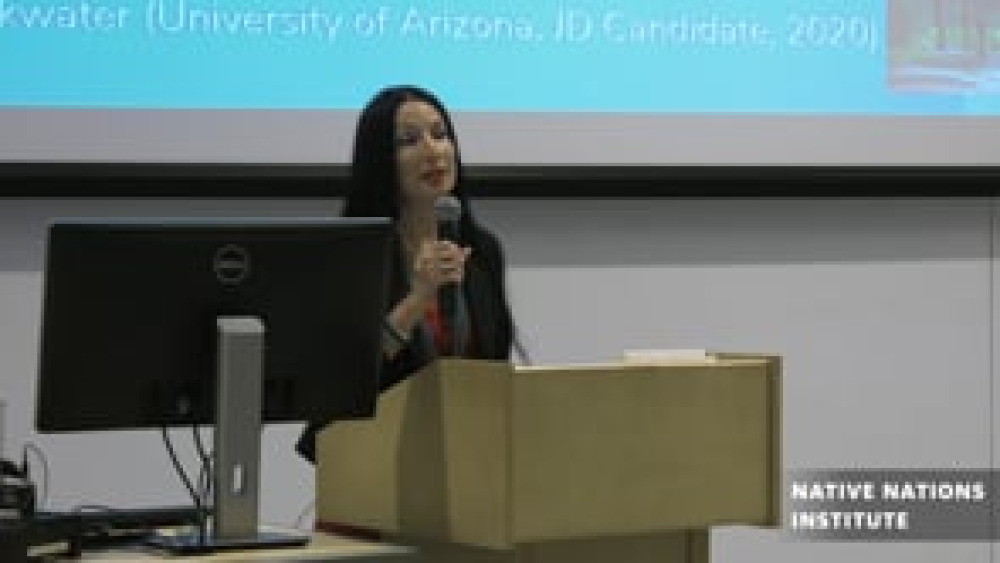
Rebecca Tsosie: Indigenous Sustainability and Resilience to Climate Extremes
The School of Geography & Development presented the “My Arizona” Lecture of Prof. Rebecca Tsosie, Regents Professor of Law at Univeristy of Arizona on Friday, November 1, 2019. Her lecture, "Indigenous Sustainability and Resilience to Climate Extremes: Traditional…
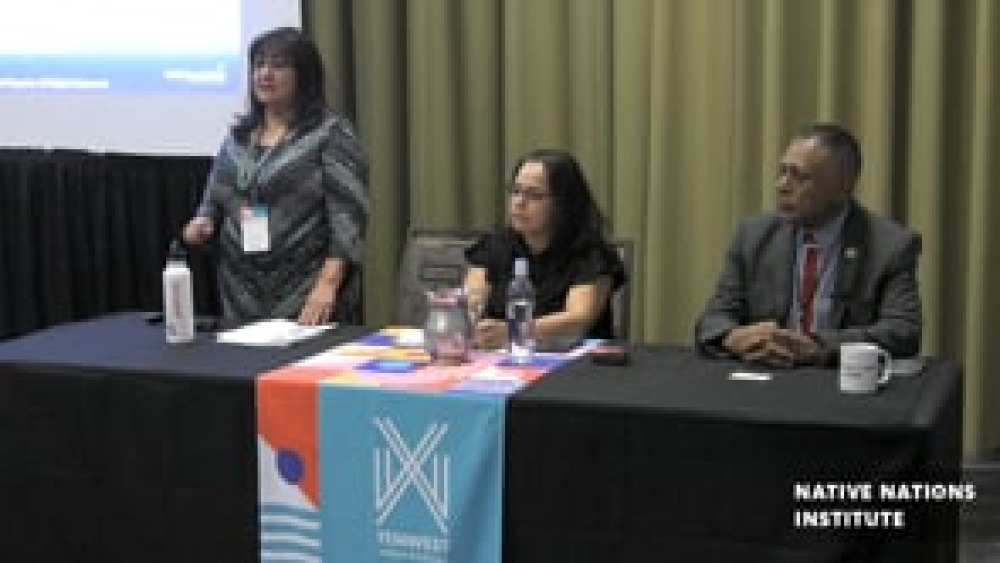
Navigating the Structures of Native Nations
Native Nations Institute presented a panel at TENWEST 2019 in Tucson called “Navigating the Structures of Native Nations.” Arizona is home to 22 Native nations, many whom are major economic drivers. Panelists presented an overview of Native nations including their socio-economic challenges,…
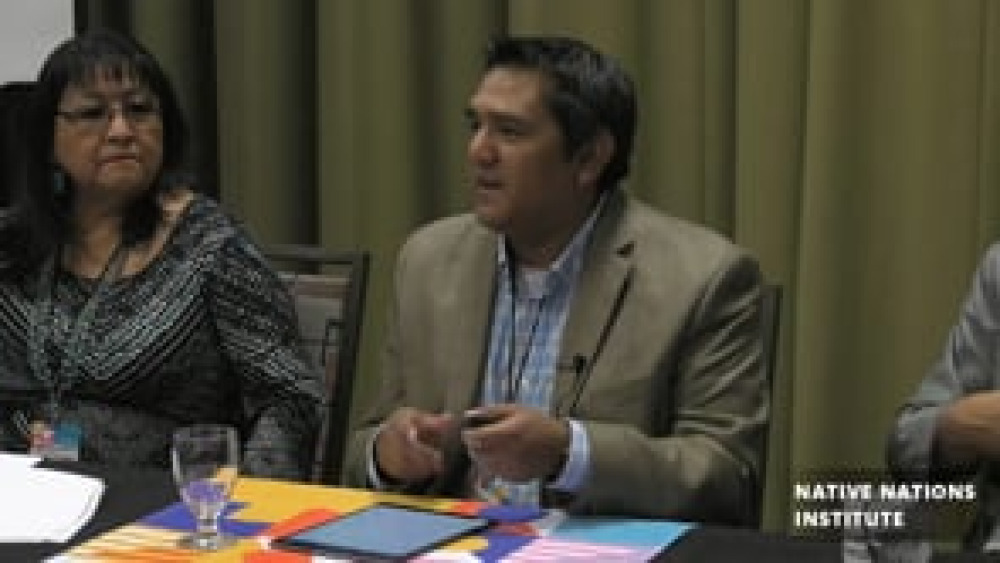
Meeting the Need for Higher Education and Professional Development
Native Nations Institute and the Indigenous Governance Program presented a panel at TENWEST 2019 in Tucson called “Meeting the Need for Higher Education & Professional Development.” The panelists presented a case study on how the Indigenous Governance Program (and a proposed School of…
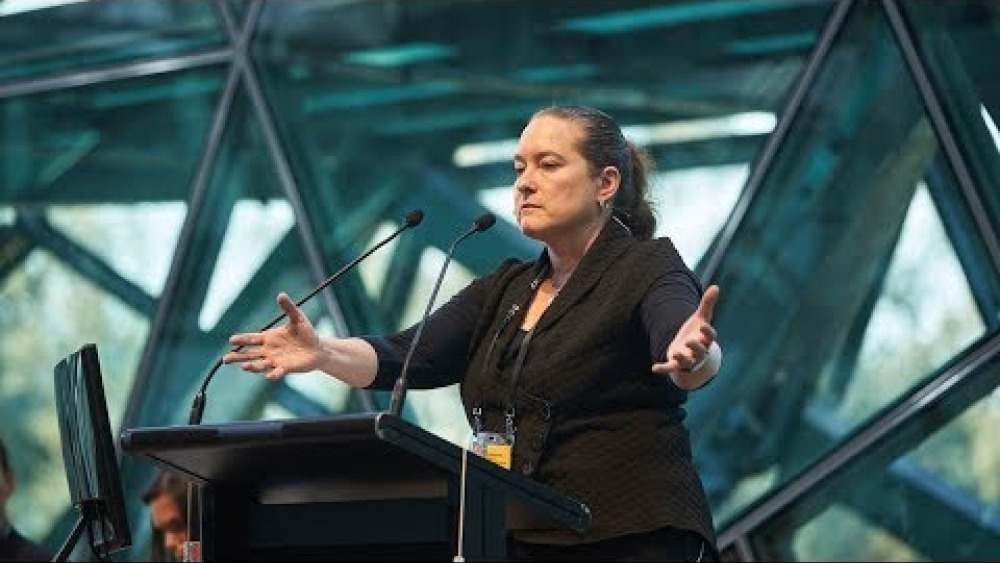
Dr. Miriam Jorgensen: First Nations governance
Dr. Miriam Jorgensen, Research Director for the Native Nations Institute at the University of Arizona, spoke at ANZSOG's Reimagining Public Administration conference on February 20. Dr. Jorgensen said that First Nations governance structures were important for the strength of communities. “Not just…
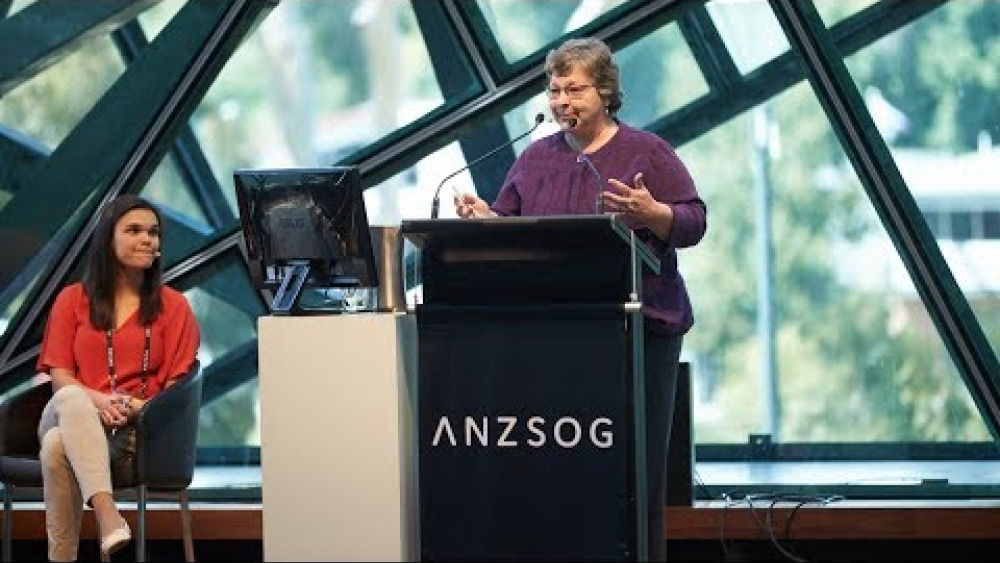
Dr. Karen Diver: Indigenous autonomy is the way forward
Dr. Karen Diver spoke at ANZSOG's Reimagining Public Administration conference on February 20, as part of a plenary on International perspectives on Indigenous affairs. The Native American tribal leader and former adviser to President Obama, said that Indigenous communities had been inexorably…
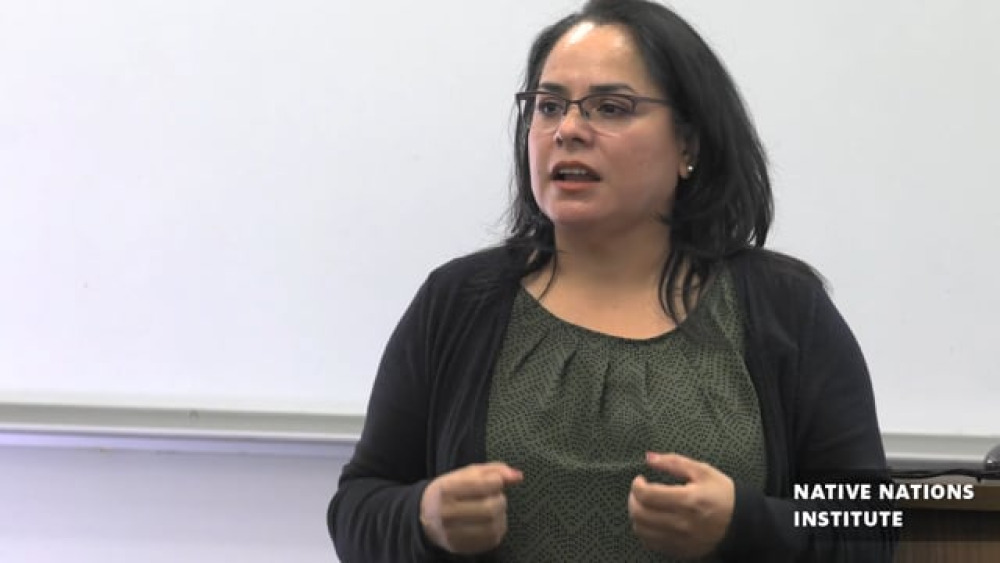
Herminia Frias: Native Women in Governance
Herminia “Minnie” Frias, Councilwoman, Pascua Yaqui Tribal Council. Councilwoman Frias shares her journey of being a Native woman leader, drawing from her experience in serving on her Nation’s Tribal Council both as a Chairwoman, and as a Council Member. Frias was the youngest person and first…
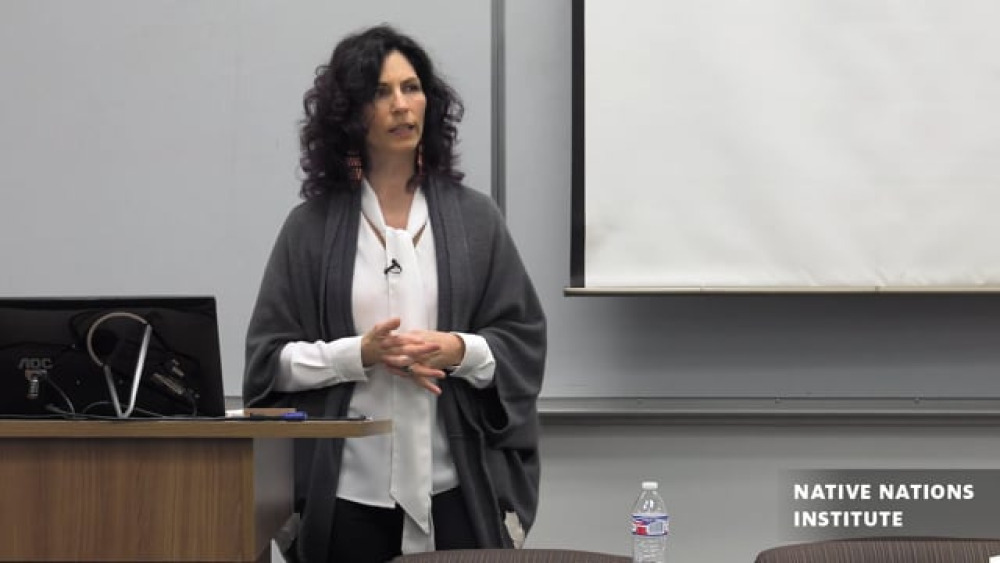
Shannon Keller O'Loughlin: Native Women in Governance
Shannon Keller O'Loughlin, Choctaw Nation of Oklahoma, is an attorney and the Executive Director of the Association on American Indian Affairs. Shannon was also the former Chief of Staff, National Indian Gaming Commission, a member of President Obama’s NAGPRA Review Committee, and a Cultural…
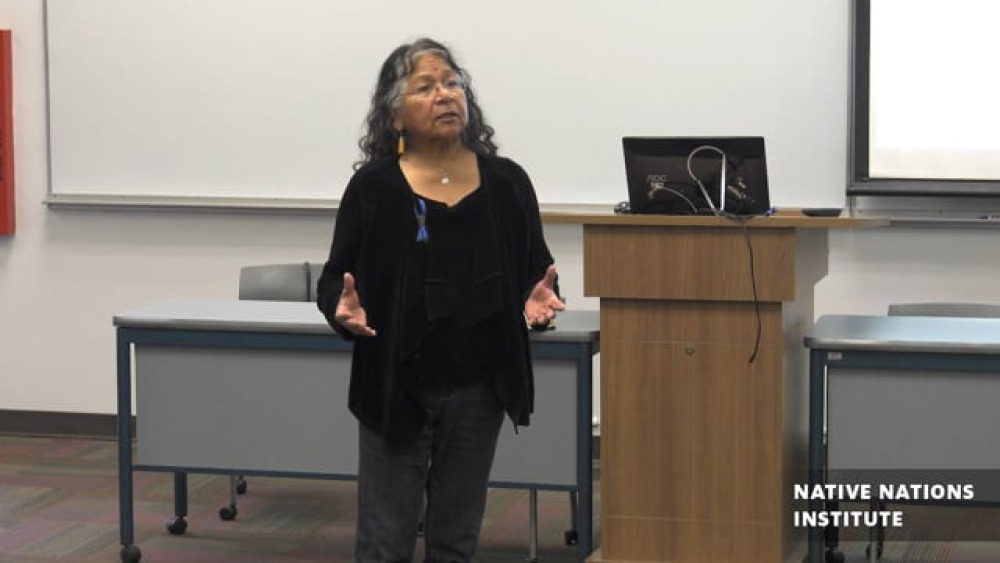
Diane Enos: Native Women in Governance
Diane Enos, Attorney, Councilwoman & Former President of Salt River Pima-Maricopa Indian Community. In addition to her tenure with the Salt River Pima – Maricopa Indian Community, Diane has served as Vice President of the Inter-Tribal Council of Arizona, as Chairwoman of the Arizona Indian…
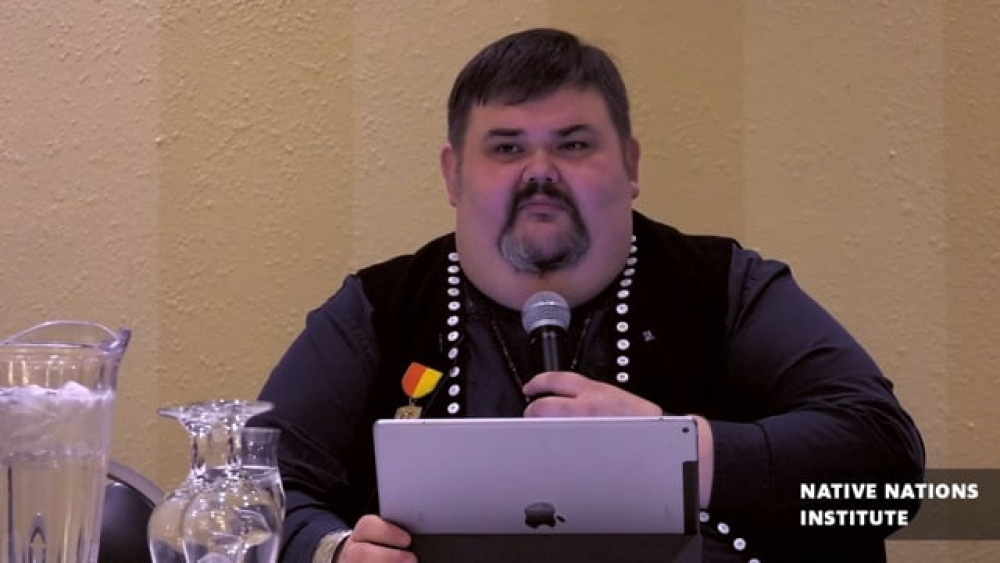
Richard Peterson: Leading in the Traditional Way Alaska Tribal Government Symposium
President, Central Council of the Tlingit and Haida Indian Tribes of Alaska Richard (Chalyee Eesh) Peterson is Tlingit from Kaagwaantaan clan. He gives his prespective on the ways tribal governement makes a presence in Alaska and the intergrating traditional knowledge and culture into tribal…
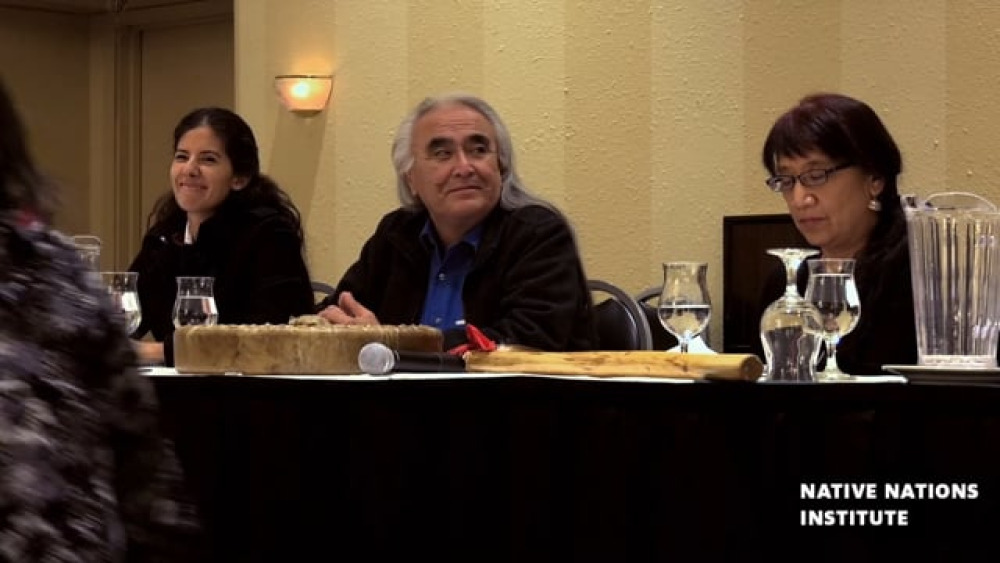
Governance and Wellness Roundtable - Alaska Tribal Government Symposium
This discussion at the Alaska Tribal Government Symposium emphasizes the connections between Indigenous self-government and wellness. Western methodologies are eager to emphasize the gaps in wellness (social, economic, and medical and mental health outcomes) between natives and non-natives.…
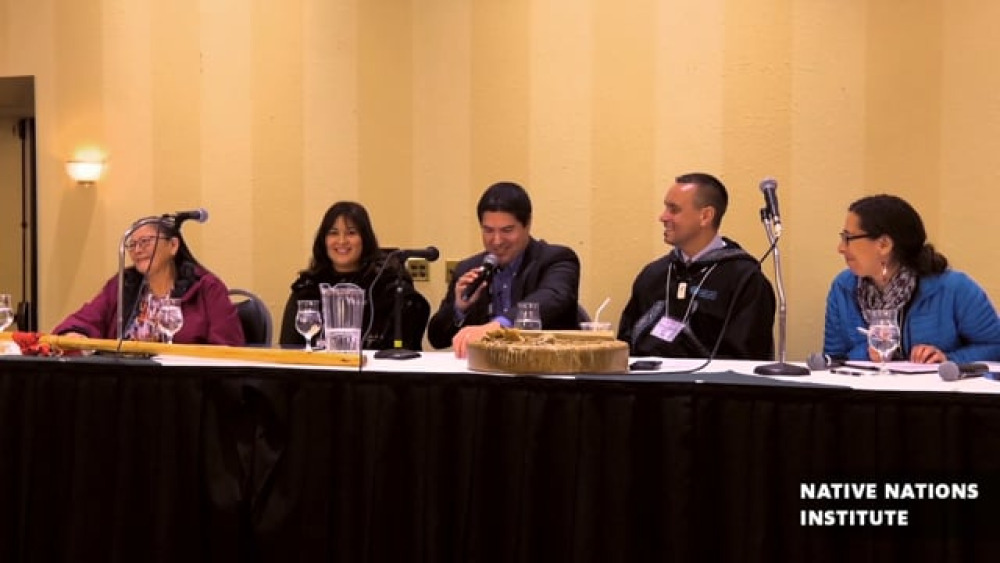
Indigenous Leadership Panel
What is going on in Alaska that exemplifies the success of Indigenous leaders? What are some Alaska tribes’ successful efforts to strengthen their governments and governance? Panelists share stories of success at asserting self-determination, building native governing institutions, reflecting…
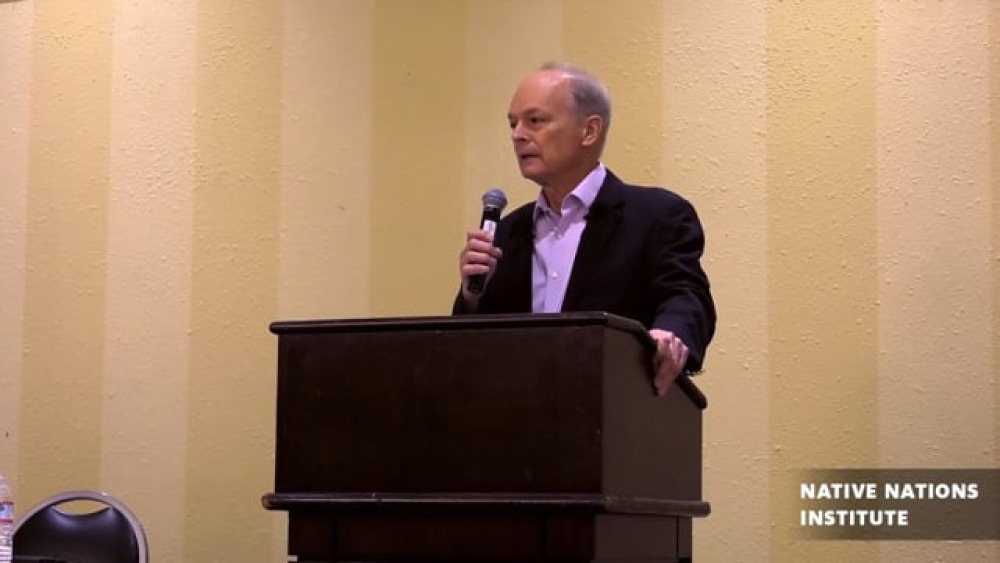
Stephen Cornell, Introduction to Native Nation Building, Alaska Tribal Government Symposium
An overview about Native nation building and the ability for Native communities in Alaska to rebuild their Native nations.
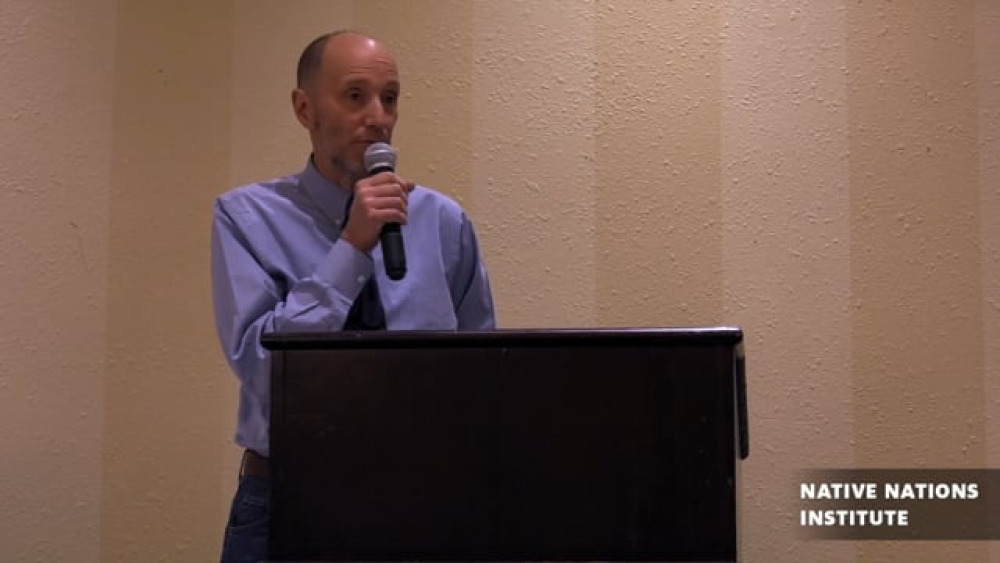
Jack Trope, Making the Indian Child Welfare Act Work: The Importance of Tribal Sovereignty
The expertise and knowledge about dealing with Alaska and Federal government entities in matters of child welfare are detailed with focus on asserting tribal sovereignty.
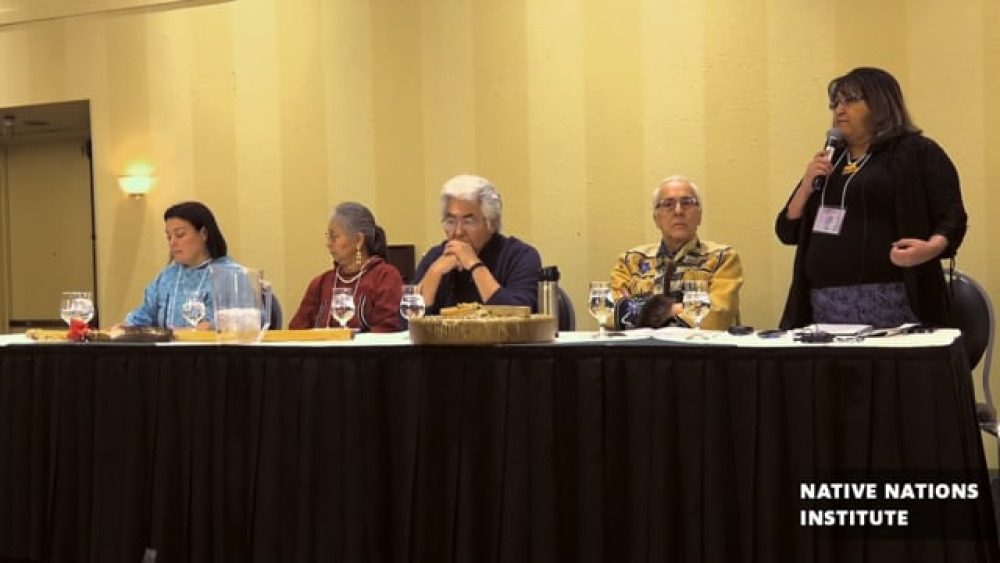
Roundtable: Traditional and Modern Governance and Decision Making in Alaska
A panel discussion with Native leaders in Alaska about the significance of tradition and culture that has influenced their Indigenous governance.
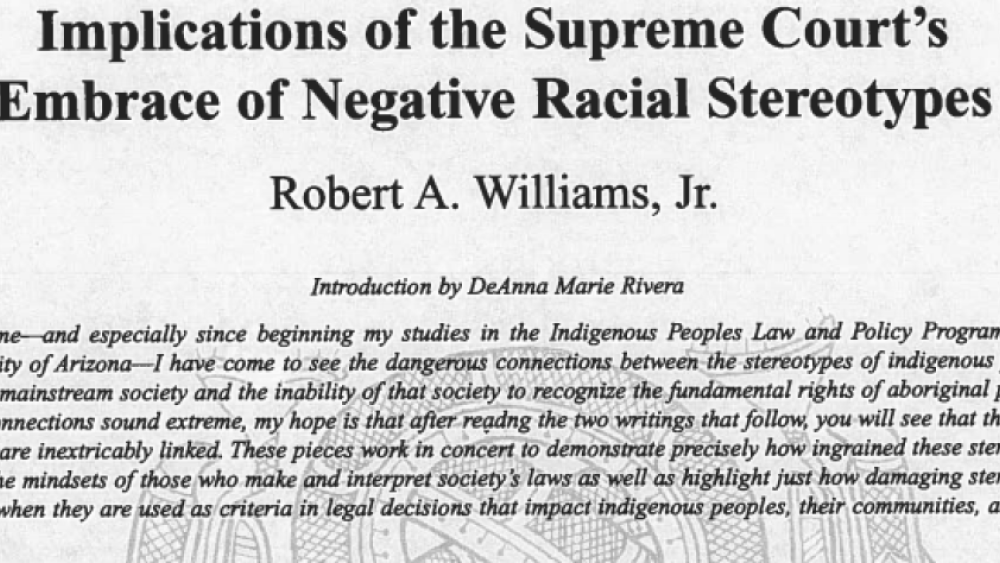
Implications of the Supreme Court's Embrace of Negative Stereotypes
The issues surrounding Native stereotypes should not be dismissed or diminished as merely "surface" problems. "Indian" stereotypes go to the core of the legal, political and economic struggles that Indigenous peoples confront in their work to preserve and strengthen their respective cultures and…
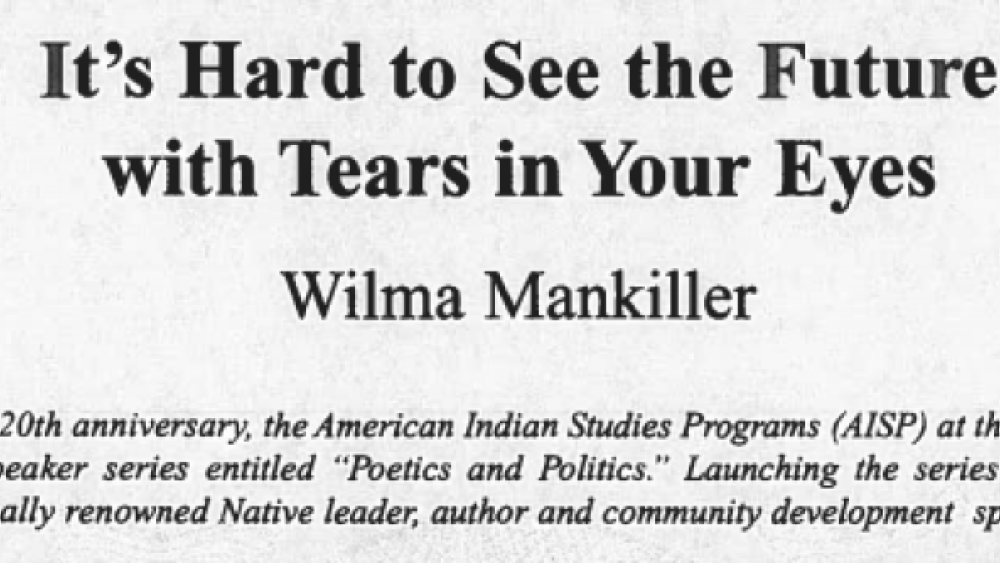
It's Hard to See the Future with Tears in Your Eyes
To commemorate its 20th anniversary, the American Indian Studies Programs (AISP) at the University of Arizona staged a speakers series entitled "Poetics and Politics." Launching the series was Wilma Mankiller (Cherokee), a nationally renowned Native leader, author, and community development…
